Maasai Mara
Last night the hyenas made off with our fudge cake. We are camped with a group of four families on the banks of the Mara river, waiting for the wildebeest migration. During the night hours, tucked up in our sleeping bags, only slivers of canvas divide us from the African bush. It is very exciting to be roused from slumber by hyenas cackling as they canter between the guy ropes of the tents. You lie there listening to pods of hippo chortling, to the elephant and the lion, and baboons barking in the trees.
This morning everybody said how well they had slept. It must be the fresh air, the feeling of the ground beneath your bedding roll, the delightful exhaustion after a day out on safari. At breakfast time following a dawn game drive, we discovered our nocturnal visitors had torn a hole in the kitchen tent flysheet and scoffed the cake — but the rest of the supplies are intact.
Hosting the safari are Simeon and Bronwen, tea farmers from Kericho and veterans of the Mara, and under their direction everything in camp is perfect without this being ‘glamping’. Too luxurious and you lose the intimacy with nature. The shower is a bucket hoisted in a tree, filled with lashings of hot water from the campfire. The loo is a long drop dug on a high bank overlooking the river, where you sit in repose watching herds of antelope on the far side, or crocodiles gliding about in the brown swirls of the Mara waters.
The camp is in a glade surrounded by trees and ox bow lakes. As I write this in the shade of a strangler fig, I can hear a boubou shrike and a fish eagle. A herd of buffalo grazes on the edge of the clearing. Everybody else has gone out on an expedition across the plains dotted with Balanites trees below the Oloololo escarpment, searching for the advancing herds of wildebeest. Yesterday we saw them from a distance on the other side of the river, a mass of tailed black dots undulating like musical notes across the ochre plains.
Growing up, my father frequently took us on safari — but never to a wildlife reserve and never with any luxuries such as showers or even tents. We camped by the track, collected wood, made a fire and brewed tea. We slept on bedding rolls in the open near the glowing coals. All the cooking went on in a single iron pan that was hung on the side of the Land Cruiser. We ate chapatis — and once we survived off a bag of dried onions reconstituted in turbid river water. In those days one could camp just about anywhere because there were not many people in East Africa and the wilderness was very large. Most of the wildlife lived outside the parks and animals were so abundant it seemed impossible to imagine they might become endangered, or that the grasslands and forests could vanish. We were rather casual about seeing animals — there seemed to be a rhino behind every bush.
Today, spots like our camp in the Mara are very few and far between. East Africa’s wilderness has receded into little islands surrounded by towns and farms, Chinese railways and power lines. I am not against progress, in fact I am very much in favour of it. The only way that the dwindling wilderness still here will survive is if local people do well economically, thrive at schools and universities, and get a chance to visit the beautiful places that made Kenya famous around the world. When I see a busload of schoolchildren from poor neighbourhoods trundling through the Mara, I feel this is what will save Africa’s last wild spots for the future.
For now we can enjoy our stay in a paradise. This evening when the families get back, the children will play charades around the campfire beneath a spreading fig tree. We will look up at the stars imagining they will always be this bright in a landscape devoid of light pollution — fooling ourselves we are in an endless wilderness. You can sit watching a herd of elephant or a pride of lion and it seems they will always be here. On safari one leaves behind all the worries of the outside world. What becomes important is not Brexit or bank accounts, but properly identifying that pair of fulvous whistling duck, the half-hour spent watching a dung beetle toiling to roll a ball of giraffe shit a few feet uphill, the ability to spot a leopard up a tree.
I hope this will all still be here for my son and daughter when they want to bring their children on safari. But after what I have seen vanish during my lifetime, it is not entirely certain the animals and what’s left of the wild will survive unless a great deal more is done to protect them.
Got something to add? Join the discussion and comment below.
Get 10 issues for just $10
Subscribe to The Spectator Australia today for the next 10 magazine issues, plus full online access, for just $10.
You might disagree with half of it, but you’ll enjoy reading all of it. Try your first month for free, then just $2 a week for the remainder of your first year.


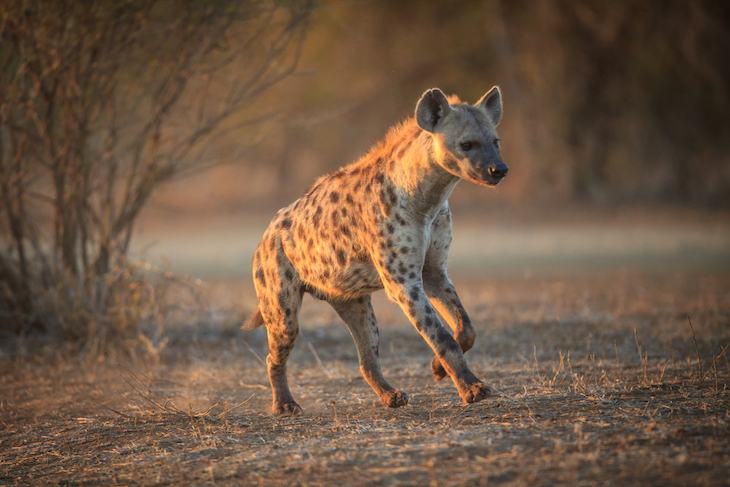
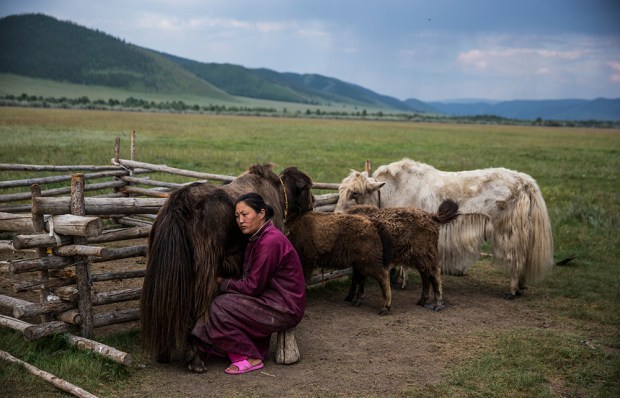
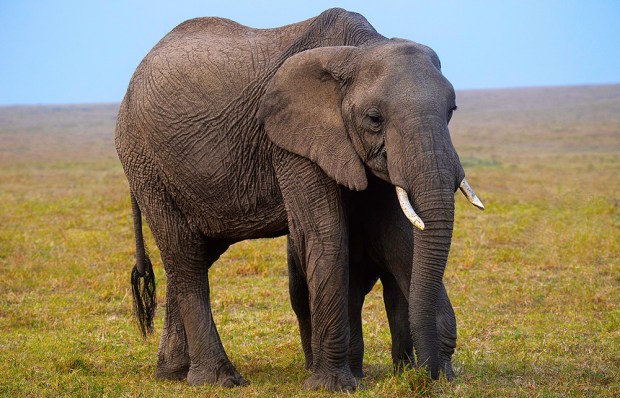
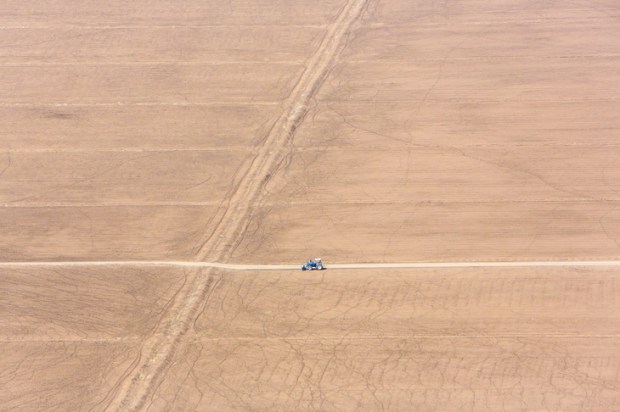
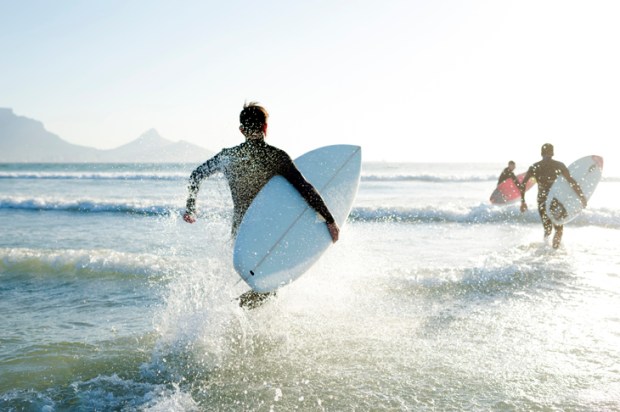
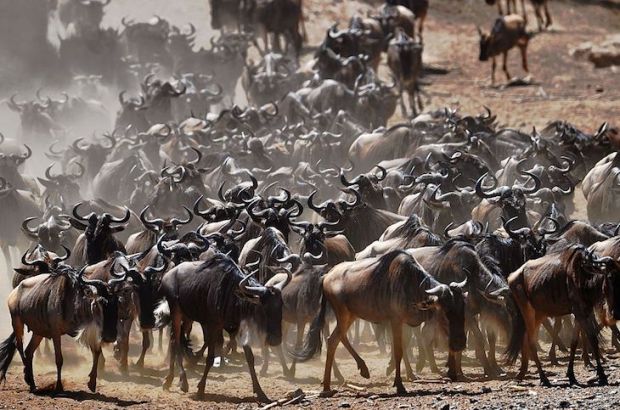
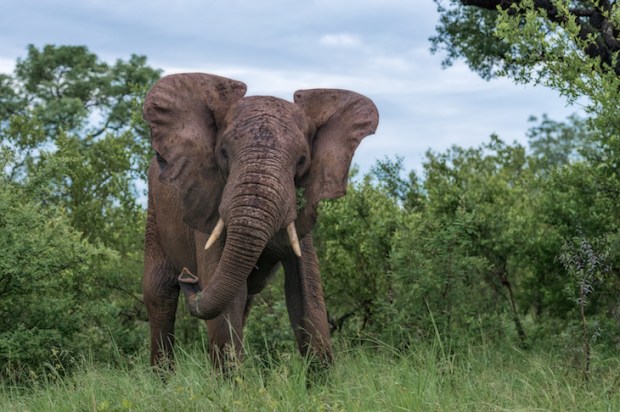






Comments
Don't miss out
Join the conversation with other Spectator Australia readers. Subscribe to leave a comment.
SUBSCRIBEAlready a subscriber? Log in